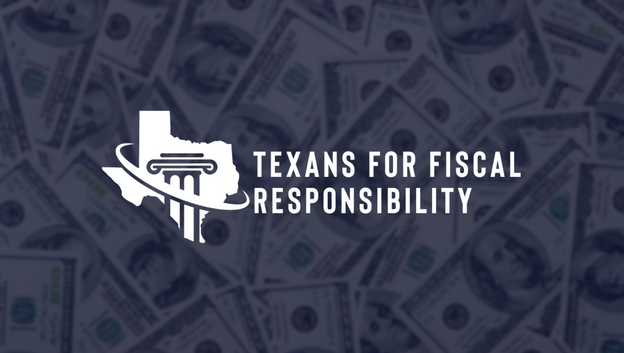
During the 86th legislative session in 2019, state lawmakers passed legislation related to strategic fiscal reviews of state agencies and programs, seemingly an attempt at fiscal prudence relating to the allocation of tax dollars at the state level for some state agencies and programs.
Specifically, the legislation required the Legislative Budget Board to perform a strategic fiscal review for each state agency under review by the Sunset Advisory Commission and provide a comprehensive report to lawmakers; this review includes an evaluation of the effectiveness and efficiency of agency policies, management, fiscal affairs, and operations related to each activity. The report also includes recommendations on whether or not the programs reviewed should be funded at current levels, if at all, essentially implementing a zero-based budgeting approach to state agency appropriations.
The first report was published in October 2020, and the most recent report was issued this September.
The House Appropriations Committee, which is charged with crafting the biennial state budget and the allocation of monies from the state treasury, created a subcommittee seemingly charged with reviewing this report in February 2021. To date, that subcommittee has never convened, leaving some to wonder whether its purpose was more for political theatre as opposed to the actual pursuit of fiscal responsibility.
What Action Has Been Taken So Far?
In short: none, really.
The chairman of the House Appropriations Committee, Republican State Rep. Greg Bonnen (Angleton), appointed various subcommittees in February of 2021.
The newly formed House Appropriations Subcommittee on Strategic Fiscal Review and Federal Relief Funds is comprised of seven House lawmakers who are also members of the Appropriations Committee. This subcommittee includes Republican State Reps. Cecil Bell (Magnolia), Matt Schaefer (Tyler), Ed Thompson (Pearland), Steve Toth (The Woodlands), and Democrat State Reps. Ina Minjarez (San Antonio), Alex Dominguez (Brownsville), and Ann Johnson (Houston).
No legislation was ever referred to the subcommittee in either the 87th regular legislative session (in the spring of 2021) or the three subsequent special legislative sessions over the course of the summer and fall of 2021. To date (563 days after its creation), the subcommittee has not met to consider any topics of interest.
Why Is This Important?
One would think, apparently incorrectly, that the subcommittee charged with “Strategic Fiscal Review” and “Federal Relief Funds” would have already convened to discuss topics related to such things, especially since the state legislature has allocated a portion of the relief funds that came out of the American Rescue Plan Act (ARPA)—passed by the U.S. Congress in the spring of 2021 in the form of legislation during the third-called special legislative session—and is poised to appropriate even more of those funds in the upcoming legislative session set to begin in January 2023.
With two Strategic Fiscal Review Reports now published, one would assume the subcommittee seemingly instituted to review those reports and make recommendations to the overall Appropriations Committee would have already met or would be scheduled to meet in the near future, but they would be incorrect.
The biennial state budget process is already underway for the next two fiscal years. Both the House Appropriations and Senate Finance Committees have already held various initial interim hearings on their respective interim charges, and the Legislative Budget Board has already collected funding requests from the myriad of state agencies that make up state government. In fact, hearings to that effect are already underway.
State lawmakers are entering an interim period in which, historically, little to no additional committee hearings will take place, as many lawmakers are in the midst of general election campaigns. A short time after the general election, lawmakers are allowed to pre-file legislation to be considered in the next legislative session; by the time the session actually begins, the bulk of the appropriations process is already complete.
It appears unlikely that the subcommittee will convene to review such reports in the near future, and it is unclear whether it will continue to exist in the next legislative session. So, why was it created in the first place?




